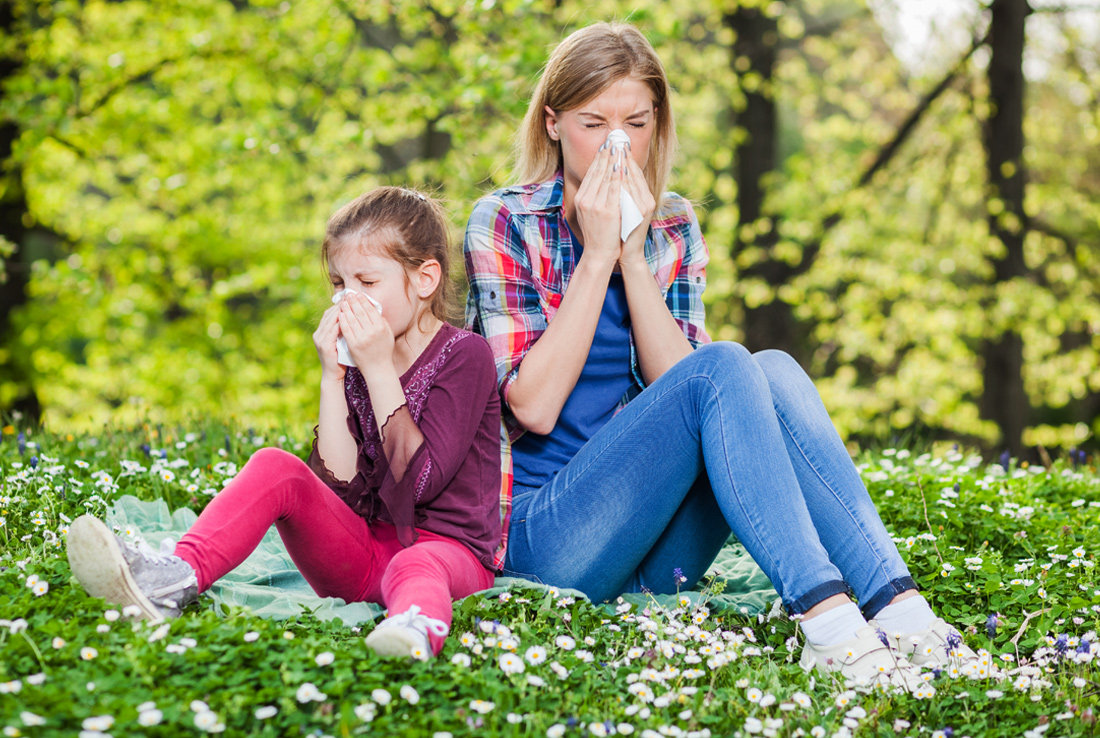Spring and Summer Seasonal Allergies: Do You Know Your Facts?

With the arrival of spring and summer, many people find themselves struggling with seasonal allergies. Do you really know what to look for when it comes to allergies?
The Difference Between Allergies and a Cold
Allergy symptoms and cold symptoms are often very similar. However, there are key differences:
- Watery and itchy eyes are often symptoms of allergies, not of colds.
- Clear discharge is usually an allergy symptom. Green discharge, on the other hand, usually indicates a cold or infection.
- Fever is always a symptom of infection, not of allergies.
- Itching, including nose, ears and mouth, is usually an allergy symptom, not a cold symptom.
What is Pollen Season?
Pollen season is typically referred to as the point in the year when pollen is highest. Across the United States, January is generally pretty mild for pollen allergy sufferers. As February begins, tree pollen starts to increase. April, May and June see high levels of tree and flower pollen, while July is known for higher levels of weed pollen. October, November and December, on the other hand, often have lower levels of all types of pollen, leading to relief for allergy sufferers–especially those in the northern U.S.
How Can You Alleviate Allergy Symptoms at Home?
Allergy symptoms can be incredibly problematic for their sufferers. Fortunately, there are some steps you can take to alleviate allergy symptoms at home:
- It’s always best practice to see your doctor to discuss your symptoms and determine the best remedy for you.
- Look for an over the counter allergy relief medication. Ideally, you want one that does not cause drowsiness.
- Close the windows. This simple step will help keep pollen out of the house.
- Take off your shoes at the door to prevent the spread of pollen inside.
- Consider allergy shots. With allergy testing, you can identify your specific allergies. In some cases not only can you take steps to avoid them, you can decrease your symptoms with allergy shots.
- Install allergen-reducing filters on your furnace to help reduce allergies.
- Eat healthy. In some sufferers healthy eating, including plenty of fresh fruits and vegetables, helps reduce allergy symptoms.
Most states across the country are already experiencing high levels of allergens–and with temperatures rising across the United States, pollen season is lasting longer and becoming worse than ever. Wherever you’re located, however, taking the right steps can help reduce your pollen exposure and make it easier for you to survive allergy season without coughing, sneezing and dealing with those uncomfortable red, watery eyes.


